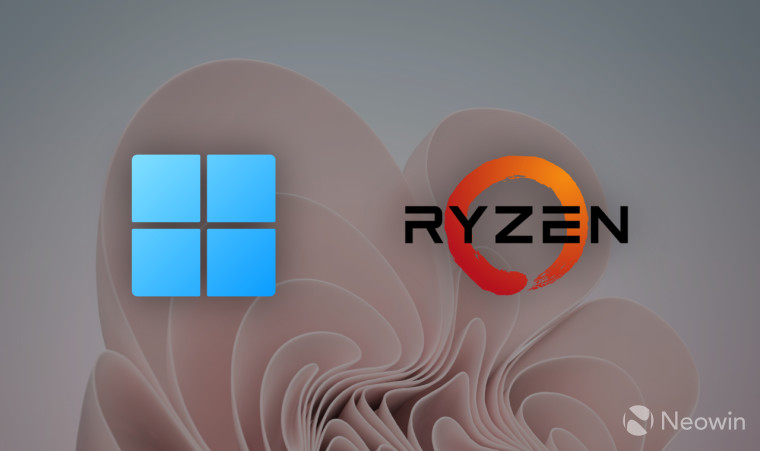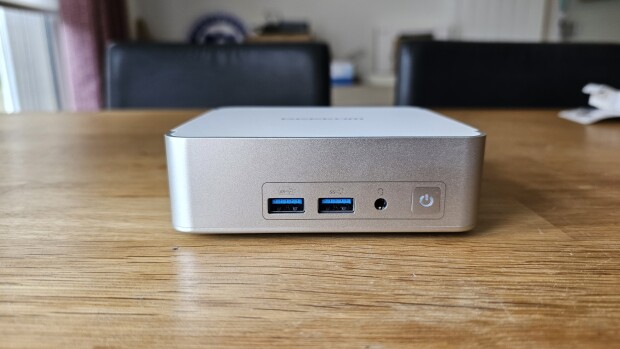
Since July, we have been covering a series of performance tests that examine the responsiveness and snappiness of Intel's newer processors on Windows 10 and Windows 11 compared to some of the older parts.
Although it is no surprise that Intel's 13th Gen/12th Gen SKUs are easily able to outdo their 10th Gen counterparts in benchmarks that typically measure a processor's maximum throughput and abilities, the idea behind these tests has been to quantify the responsiveness or snappiness of the processors in day-to-day PC activities. (On a related note, anti-virus apps can also slow down certain aspects of your PC as noted by AV-TEST in its latest report.)
To recap, an older Intel 10th Gen Core i9-10850K was pitted against a much newer 13th Gen Core i9-13900K part, and interestingly, the former was found to be more responsive than the latter, especially when it was on Windows 10. Although the difference may not be all that perceptible if you are not paying attention, the study indicates that it definitely is measurable, and in some instances, the difference can be perceived fairly easily too. It is thought the architectural decisions related to the I/O driver may be to blame.
Further testing involving only the 10th gen chip was conducted on both of Microsoft's OSes, i.e., on Windows 10 and Windows 11, to see if the differences were only due to the lack of optimization for Windows 10 on the 12th Gen Alder Lake and newer CPUs.
Perhaps to nobody's surprise, it was seen that Windows 11 indeed came out to be as less responsive and less snappy OS than its predecessor. To see how AMD's Ryzen would behave under some of these conditions, a Zen 4-based Ryzen 7950X was added into the mix this time.
To AMD's credit, the chip seems to fair much better than Intel's new CPUs as it generally is able to keep pace with the older 10th Gen Comet Lake. The only real loss is seen in the case of the DPC (Deferred procedure call) latency test, though it was still faster than the 13th Gen chip.

In the rest of the tests (images below - click on them to zoom in), which consist of drag and drop, taskbar music search, and MP3 music files opening, the Ryzen 7000 fairs very well against the older Intel, leaving the new 13th Gen 13900K in the dust much of the time, and this is despite the 12th Gen and newer Intel CPUs being "optimized for Windows 11".
 |
 |
 |
Head over to this article to compare and contrast with the Windows 10 data. You can watch the full video on Tech YES City's channel on YouTube at the source link below.
Source and images: Tech YES City (YouTube)


















11 Comments - Add comment